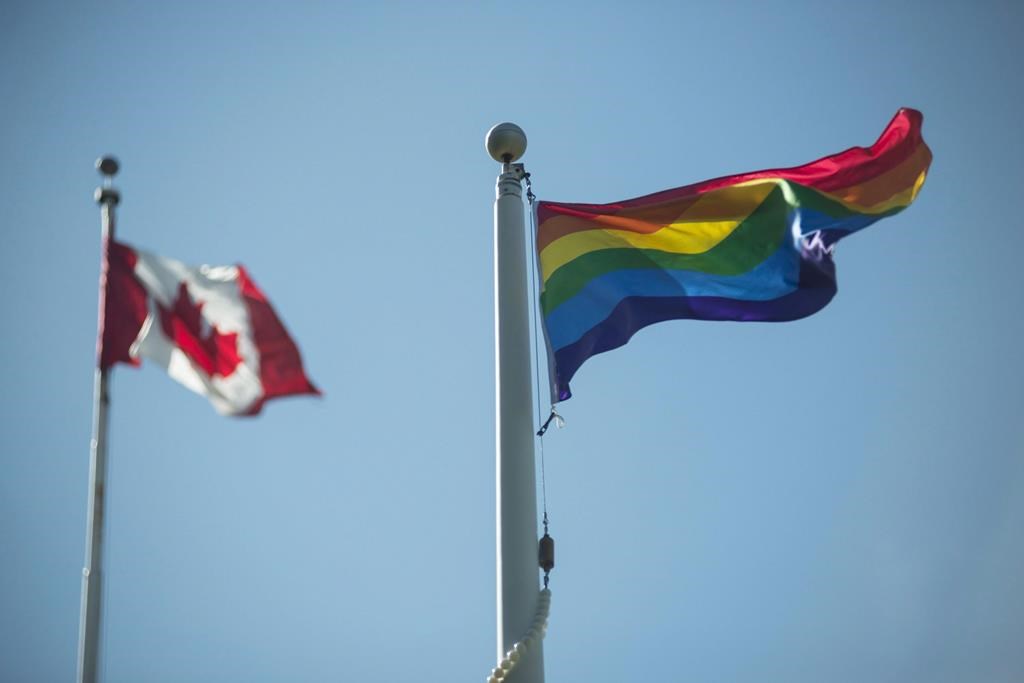An Angus Reid poll weighed into gender expression in Canada, asking Canadians about defining gender and trans issues, as well as children, hormones and transitioning.

A total of 3,016 people were polled; 255 of those were from Saskatchewan. Out of the 3,016 people, 804 were between the ages of 18 and 34, 971 were between the ages of 35 and 54, and 1,241 were over the age of 55.

The poll said over half of people polled across the country said they would define a person as male or female and one in three said that was not enough.
People polled were also asked what is a woman, which caused some division. About 34 per cent said a woman is only someone who was born biologically female, 35 per cent said anyone who wants can identify as a woman and 18 per cent said a woman is someone with female genitals, whether it be someone born with them or who received them through surgery.
About 69 per cent of people said they would accept their child’s wishes to change their gender identity, but only one in five people would support having their child go through hormone therapy.

Get breaking National news
People were asked whether, if they had an eight-year-old child who behaved in a way different from the gender they were assigned at birth, they would support it or not, rating it on a scale.

Saskatchewan had the highest percentage of people who said they would resist that behaviour and try to change it (23 per cent) and the lowest percentage of people saying they would enthusiastically accept the behaviour (four per cent), but still had slightly above the national average when it came to people who would cautiously accept the behaviour and work to accommodate it.
Seven in 10 Canadians say transgender people in the country face significant discrimination.
Two-thirds believe that an increasing acceptance of trans people is a sign of social progress.
The poll showed that people were divided when asked if a trans girl should be allowed to play sports with other girls: 31 per cent said yes, 30 per cent said no and the remaining 39 per cent said it depended on the sport.
The discussion around trans issues has been a heated one in Saskatchewan, with the most recent point of contention stemming from the Sask Party bringing in legislation requiring parental permission if a child wants to go by a different name or pronouns at school.

Premier Scott Moe said last week that the notwithstanding clause would be one of the “tools” the government could potentially use to make sure the policy stays in place.
“We most certainly are looking at all the tools that we have available, understanding that the policy is in place and effective today and so it would be premature to say that we are using this tool or that tool,” Moe said.
Saskatchewan’s children’s advocate released a review on Friday of the province’s policy, saying that it violated human rights laws and the Canadian Charter of Rights and Freedoms.
Advocate Lisa Broda said the age requirement of 16 isn’t fair to students because it does not demonstrate the individual’s capabilities.
“Many young people under the age of 16 will have the capacity to make this type of decision. Giving them the chance to demonstrate capacity is an important step in accommodating their right to their gender identity,” Broda said.
The advocacy report said that if a child believes that sharing their gender identity would cause them harm, they shouldn’t be forced to do so.
— with files from Brooke Kruger and The Canadian Press








Comments
Want to discuss? Please read our Commenting Policy first.